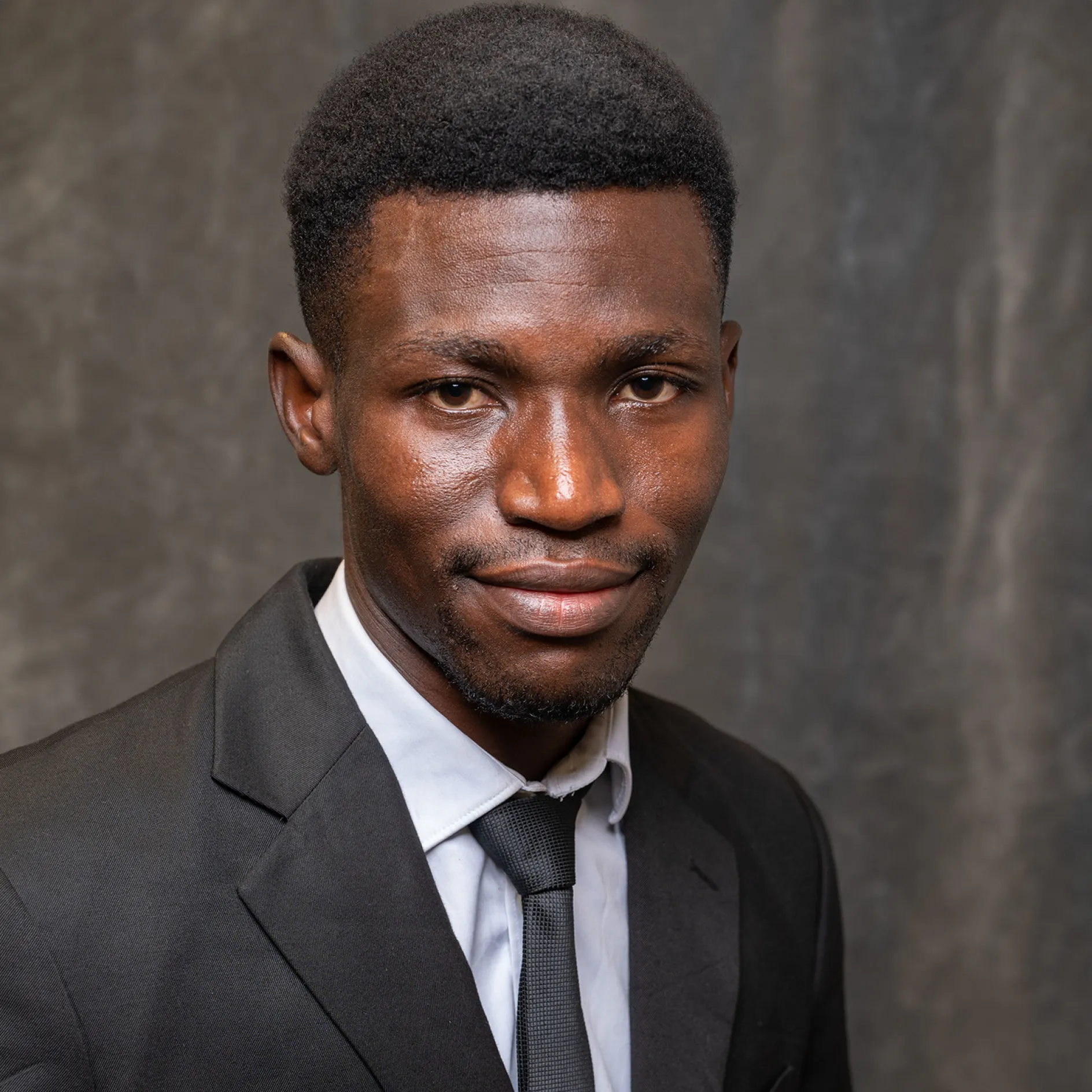Zubeiru Mahama

Zubeiru Mahama is a third-year PhD student in the Education Department at Washington University in St. Louis and a recipient of the McDonnell International Scholars graduate fellowship. He works in the Memory Dynamics Lab under the mentorship of Professor Butler. His research addresses critical challenges in asynchronous learning, focusing on how multitasking and mind-wandering impact students' ability to learn from video lectures—an increasingly popular method of instruction in modern education.
In asynchronous learning, where students engage with material at their own pace without real-time interaction, the risk of distractions increases. Multitasking and mind-wandering, already shown to hinder learning in traditional settings, become even more problematic in this context. Zubeiru's research investigates how these behaviors disrupt attention and memory during video-based instruction, exploring their implications for student learning outcomes.
Zubeiru’s research also seeks to find practical interventions that can mitigate these challenges. He explores the effectiveness of note-taking and retrieval practice as strategies to improve student focus and retention. Note-taking helps students actively process and organize information, while retrieval practice—recalling information after learning it—strengthens memory and reduces the effects of distractions. These strategies, Zubeiru believes, could play a critical role in reducing the negative effects of multitasking and mind-wandering in asynchronous learning environments.
Beyond his research on multitasking, Zubeiru is also exploring a separate area of interest: cognitive offloading, particularly the act of photo-taking during academic presentations. Students often take photos of presentation slides and materials, but research shows that photographing objects can impair memory of those objects. Zubeiru seeks to understand how this behavior affects students' memory of educational materials. By examining how photo-taking influences cognitive processing during presentations, he aims to shed light on whether this common practice helps or hinders learning.
Through his research, Zubeiru aims to provide practical insights that can improve student engagement and learning in asynchronous settings, while also exploring the broader implications of cognitive offloading on memory in academic contexts. His work contributes to the evolving understanding of how technology and learning intersect in modern education.